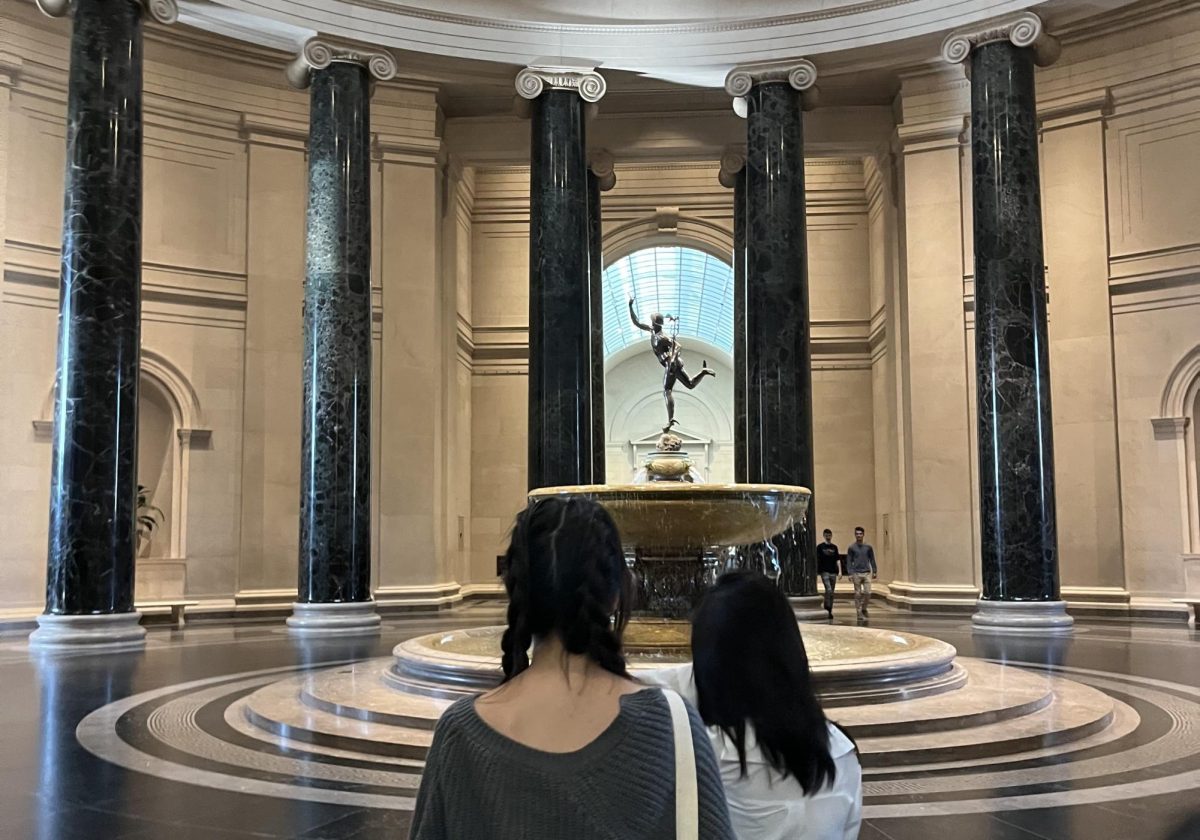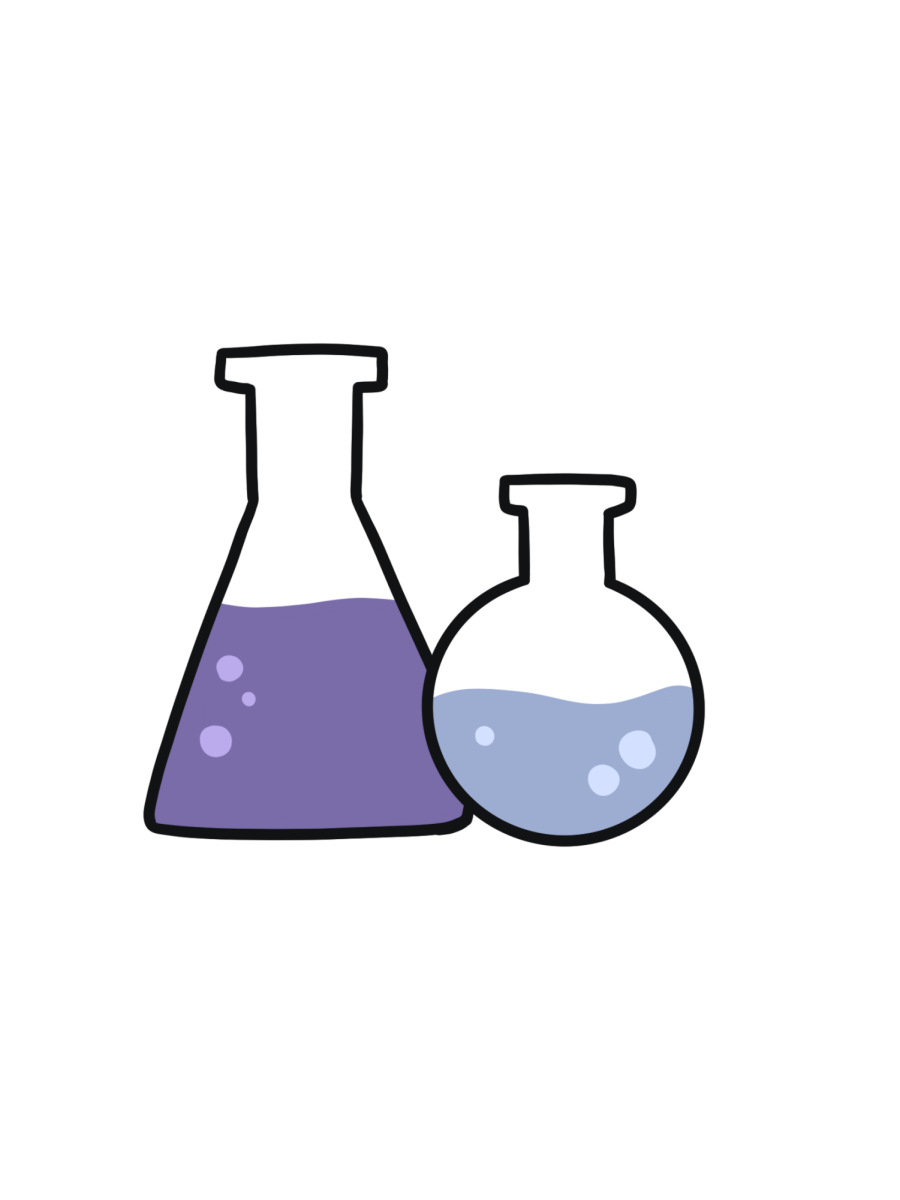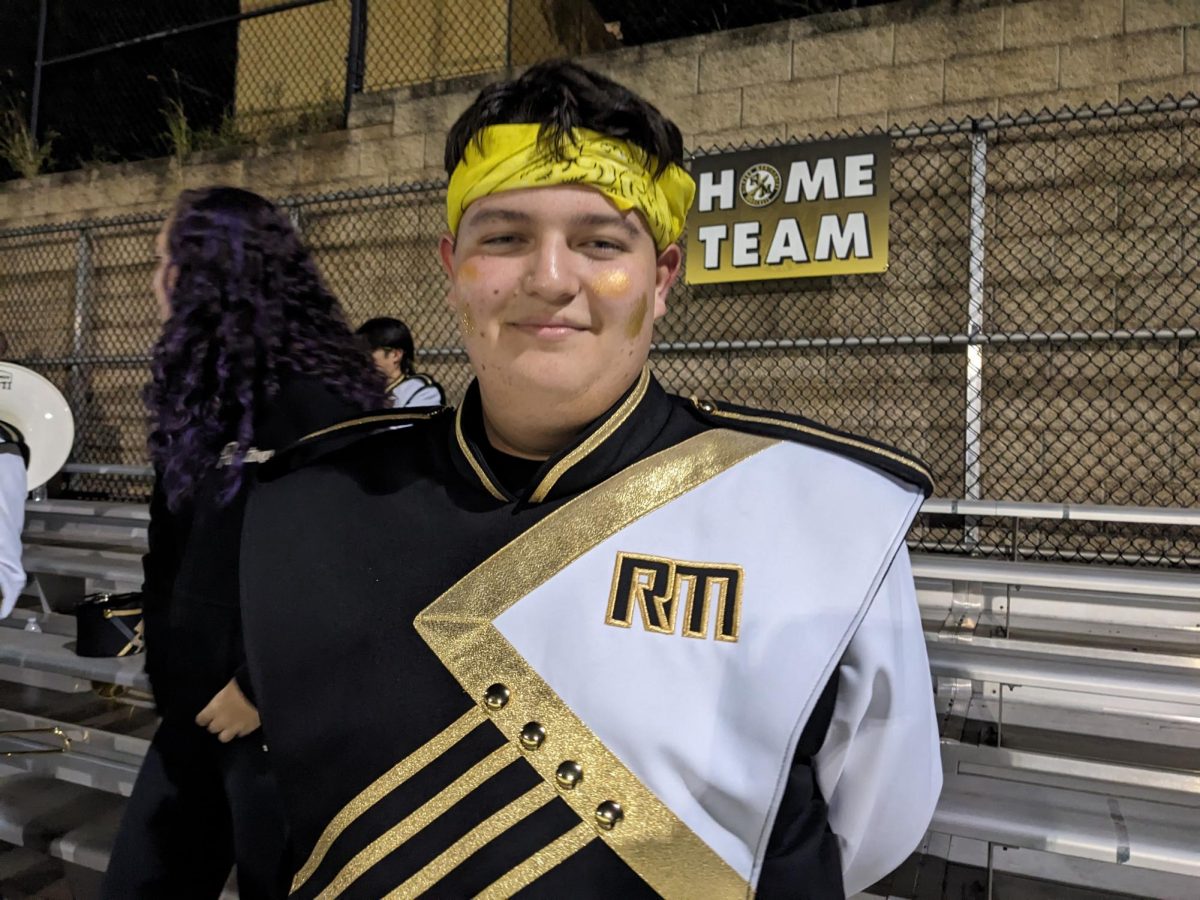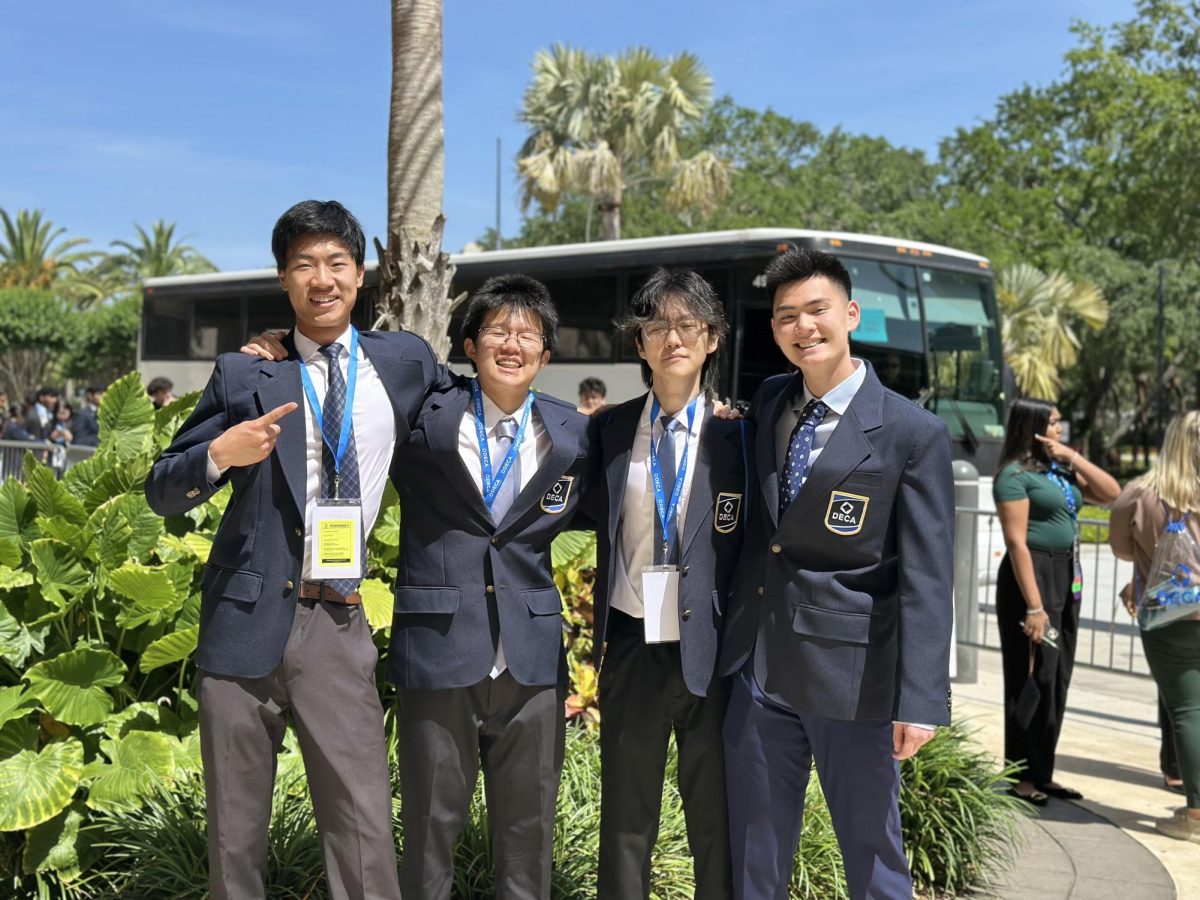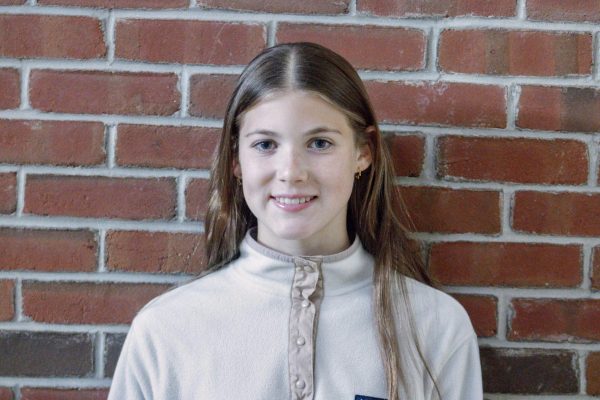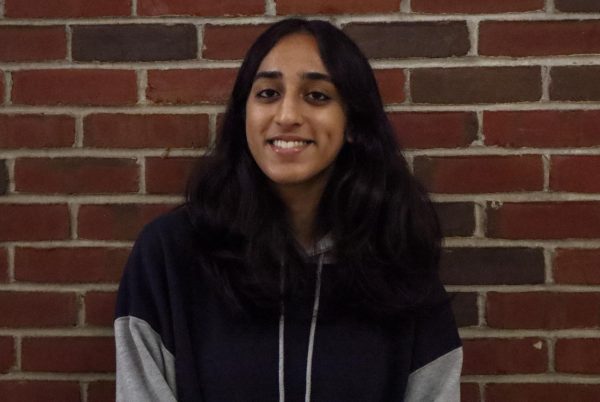Visiting Philadelphia, going to Orlando, Florida, taking the metro to D.C. and visiting the Chesapeake Bay are just some of the field trips that take place at RM. Although field trips are not common in every class at RM, the field trips that do take place provide interesting opportunities for students to see new places. With field trips, most teachers intend for students to connect the class’s curriculum to the outside world. Typically, IB classes, AP classes and the music department are most likely to provide opportunities for students to go on field trips.
AP Government
For the past several years, all AP Government classes have traveled to Independence National Historical Park in Philadelphia. The trip costs about $100 and students ride a bus that leaves school at about 8 a.m. and returns at about 8 p.m. “We went around museums,” junior Vi Quino said. The Independence National Historical Park includes Independence Hall, which is where the Declaration of Independence was signed, and Carpenter’s Hall, which is where the first continental convention was held.
AP Art History
Organized by Art and AP Art History teacher Michael McDermott, Art History takes a field trip every year to the National Gallery of Art in D.C. Students pay only to ride the metro to D.C. and receive free entry to the museum. The field trip lasts the length of a school day. “We walked around and looked at the art there, and then we looked at a specific exhibit because it was related to the unit we were doing in the class,” junior Jahnavi Sabnis said. Students have about three hours and 15 minutes to walk around the museum and complete a short assignment about a specific exhibit.
Theory of Knowledge 2
In addition to the AP Art History class going to the National Gallery of Art, IB Theory of Knowledge (TOK) 2 also takes a field trip to the National Gallery of Art. Students only have to pay for the metro fee to get downtown. “The TOK seniors go on a field trip downtown to the National Gallery of Art to look at art, look at the exhibitions, and answer questions about the nature of art and the nature of artistic knowledge as part of an assignment,” said English Magnet 10, Honors 10, and TOK teacher Jeremy Koenig.
The field trip is organized by the IB coordinator Ms. Trivers. “We group here [at RM] in the morning, we all get down there, and then students are free to go wherever as long as they get done what they need to for the assignment,” Mr. Koenig said. Most students end up with about three hours to do whatever they want downtown.
Music Department
Students in the music department have the opportunity to go to Universal Studios for a weekend every other year in the spring to participate in Universal Studios’ STARS Performance Program, a program in which students in music classes get to learn and perform a song. Students also get to spend time in Universal Studios. “The program lasted two or three hours and the rest of it we just had in Universal Studios to do as we please,” said junior Taylor Morrison.
The last trip to Orlando was in the spring of 2023 and for about $1,000, all students were driven on a bus to Orlando, Florida. “You got a meal card you use in the park and you got a hotel room that we had to share with five other people,” junior Taylor Morrison said. The hotel was a Universal Studios hotel and each room had 3 beds. “The trip itself was four days because we drove, so two days were driving, and we spent two or three days in the park,” Morrison said. There is another trip this year in which music students will be flying to Orlando instead of driving there.
AP Environmental Science
The AP Environmental Science class takes a field trip to the Chesapeake Bay Conservatory. “We explored how they’re saving the bay and what they’re doing to protect the water,” junior Belle Brychak said. The class took a charter bus to the conservatory, spent the whole day there, and arrived back at school at around 4 p.m. Students did two activities, one of which was collecting fish in a little creek and identifying the species of each caught fish. For the second activity, they “went on a canoe boat ride and tested the water,” Brychak said.


